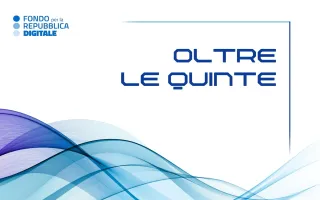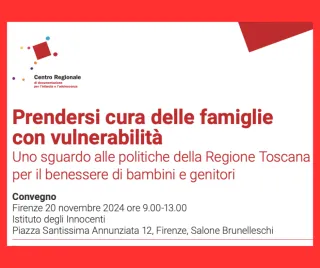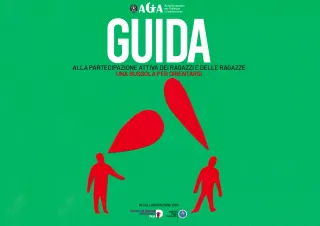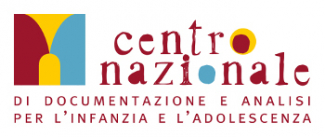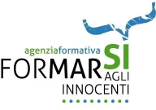Pathways to a Caring Masculinity. In Vilnius the Final Conference of EcaRom.
Overcoming gender stereotypes is the aim of the project carried out by six partners from as many European countries, including Italy represented by the Istituto degli Innocenti. On 30 November in Lithuania the presentation of the main results.
02 December 2022
Area di attività
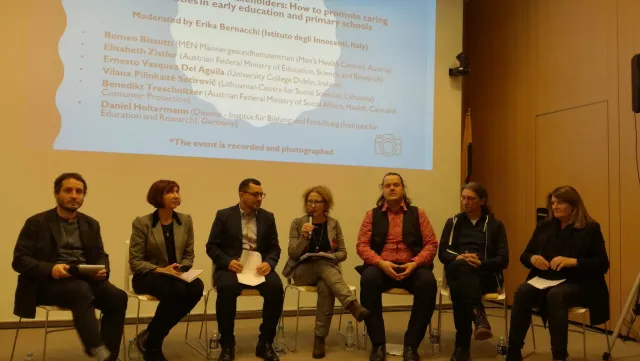
La tavola rotonda della conferenza finale di EcaRom a Vilnius (Lituania)
"Caring is everything we do to maintain, prolong and repair our 'world' so that we can live in it in the best possible way. Caring includes our bodies, ourselves and our environment, all interwoven in a complex web that sustains life". Joan Tronto, an internationally renowned expert in gender studies, wrote this in 1993. It still holds true today. Perhaps even more so when applied to gender roles in care functions and jobs, in families and in society. It is no coincidence that the international conference held in Vilnius (Lithuania) on 30 November, the final event of EcaRom, an acronym that stands for 'Early Care and the Role of Men', also took its cue from these observations. EcaRom is the name of the European project that aims precisely at helping to overcome gender stereotypes with a focus on masculinity in early childhood education through training educators and developing training materials and awareness-raising activities. A journey that has seen six different institutions from as many European countries working side by side: the Istituto degli Innocenti in Italy, the Association for Gender Issue in Styra in Austria, the Centre of Women's Studies and Policies in Bulgaria, the Dissens Institute in Germany, the Centre for Equality Advancement in Lithuania and the Peace Institute in Slovenia.
Gender Inequality in Care Work: Italy at the Bottom of the EU League Table
"Why is it necessary to talk about caring masculinity in early childhood education?" was the question that ran through almost all EcaRom activities and also opened the final conference in Vilnius. Some of the answers came from the contribution made by Daniel Holtermann from the Dissens Institute, the organisation that coordinated the project. First of all, it is necessary because in Europe the gender gap in daily participation in family care work is still huge. Data from the continent's main countries in this regard are emblematic: in Germany, men devote two and a half hours and women almost four hours to care work. Figures are similar in France, England, the Netherlands and Belgium. The situation worsens as one goes down towards the Mediterranean: in Spain, for example, men devote about two and a half hours a day to family care and women four and a half. In Italy the gap is even wider: just over two hours for the former and more than five for the latter.
'Mental Permission to be Caring Educators'
Read in the light of these data, the words of Joan Tronto with which Holtermann opened his speech take on a significance that is not only profound but also full of practical and operational implications. This is what one of the educators interviewed during the focus groups organised during the project said. He was quoted by the Dissens’ representative: "We have to talk about what is not visible," he said, "about the reasons why boys are not interested in caring because they learn very early on that taking care is not manly. That's why we don't see them. And we can only succeed in reaching them if we offer them a variety of choices that give them the mental permission to be caring educators”.
Policies to Promote a More Equal Distribution of Care
In order to fight the gender gap in care and promote the concept of caring masculinity, a series of measures and policies have been suggested by Gary Barker, director of Equimundo Center for Masculinities and Social Justice, (USA), a world leader in the promotion of non-violent, equitable and caring masculinity. Barker presented the results of the multi-country study ‘The Man Box’ highlighting the structural actions needed to promote greater equity in care. These include parental leave for all parents, national policies to redistribute the responsibility for care between men and women, health policies that promote fathers’ involvement as early as the prenatal period, measures for a culture of care in the workplace, in schools and in the media emphasising male responsibility.
From Boys in Care to EcaRom
The starting point was the outcome of Boys in Care, the European project of which EcaRom was the natural continuation, which aimed at supporting adolescent males in doing care work. With EcaRom, on the other hand, the focus shifted to overcoming gender stereotypes already in kindergartens and primary schools as a necessary condition to affirm a model of caring masculinity by supporting and accompanying the work of educators and teachers. An ad hoc manual has been drafted for them and will be presented in Italy in January.
The Protagonists of the Vilnius Conference
All these issues were discussed in Vilnius with speeches by, in addition to those already mentioned, the researcher from the Istituto degli Innocenti Erika Bernacchi, Elli Scambor (Institute for Masculinity Research and Gender Studies, Styria, Austria), Ziva Humer (Peace Institute, Slovenia), and Roza Dimova (Centre of Women's Studies, Bulgaria). The issues were also discussed in the round table, moderated by Erika Bernacchi, which focused on cooperation between stakeholders in promoting the concept of care-giving masculinity in early childhood education. The round table was attended by representatives from ministries (Elisabeth Zistler and Benedikt Treschnitzer, the Austrian Ministries of Education and Social Affairs), universities (Ernesto Vasquez Del Aquil, University College Dublin, Ireland) and research and intervention centres (Romeo Bissutti, Men's Health Care, Austria; Vilana Pilinkaite Sotirovic, Lithuanian Centre for Social Sciences and Daniel Holtermann, Dissens).
Last update: 02/08/2023 - 10:19

